This model offers a cost-effective, replicable, scalable solution to ensure marginalised children can benefit from quality ECE, setting them up for lifelong learning. In 2018, Children on the Edge started to support 30 communities to provide ECE in learning centres. When these were closed for 83 weeks due to Covid, one of the world's longest lockdowns, they pivoted to provide home learning for small groups of children, close to their homes. When the centres re-opened, it became clear that many of the most marginalised children were unable to access the centres due to the distance, to disabilities or the cost of fees, books and uniforms. Centres are busy, overcrowded and teaching is delivered in a rote learning style. A subsequent needs assessment and context analysis showed that there were thousands too many children for the existing 30 centres and a huge need for further provision to ensure the most marginalised children could access ECE. This led to the development of the ‘Cluster Learning Model’ which is now reaching over 4,500 children. The core components of the model are:
1. TRUE COMMUNITY OWNERSHIPKey to the success of the Cluster Learning Programme is true community ownership from the beginning. An external evaluation of the programme in 2022 stated ‘This programme aims to build upon what already exists, rather than establish new structures, amplify the community’s capacity rather than replace them and partner rather than lead’ (Bea Simpson 2022). Needs assessments demonstrated that parents already had the drive to try and educate and provide safe spaces for their young children. Children on the Edge supported this by establishing and training local management committees who are now responsible for the management of the cluster groups - they decide what funding is spent on in their own communities. As a result, every cluster group looks different and is thriving, led by a group of invested parents.  "What has made this programme a success is the effort by both teachers and parents. COTE Africa told us right from the beginning that if there is no such cooperation, the programme will never succeed. This Cluster Learning Programme gives your children the desire to participate in education. Even after COTE Africa leaves we parents shall continue taking our children because we realise how well they perform." 2. ACCESSIBILITYReaching over 4,500 children, we are meeting 75% of early learning needs across 5 zones of Kyaka II refugee settlement, compared to 31% last year. Providing education and play opportunities close to children’s homes, means that even the most marginalised children can attend. Parents are close by and know the caregivers and other children, they feel safe leaving their child there. This has had a particular impact on children with disabilities, who are encouraged to take part. Caregivers (teachers) are currently reporting 161 children (3.6%) with disabilities are regularly attending and we anticipate that this number is much higher due to lack of knowledge of hidden disabilities. We are continuing to deliver training to address this. The cluster model has also increased children’s ability to access primary school when they turn 6. One headteacher reported that:  “We registered a bigger number of primary one learners than we’ve ever enrolled in the past 3 years. The impact Children on the Edge Africa has created is huge and unexpected”. 3. PLAYFUL AND FUN TEACHING AND LEARNINGThe cluster groups have a low caregiver to child ratio of 1:15, meaning that caregivers can build strong relationships with every child in their care. We use playful teaching and learning methods, using locally sourced materials, linked to the Ugandan ECD Framework. Children are able to have a voice and take part in both child and teacher-led activities. In addition to this, frustrated at the existing international assessment tools, the team have created a new play-based assessment tool which enables us to assess children in the same way they learn - through play, giving children the confidence to express themselves and demonstrate through play, where they are at on their learning journey. Children on the Edge are currently piloting this with partners in Uganda and Botswana and hope to have it ready for use by the start of 2024. 4. PARENTAL ENGAGEMENTThrough targeted parent engagement sessions and encouraging parents to attend cluster learning sessions on Wednesdays, this model has enabled parents to understand the benefits of ECE on their children. They have gained confidence to continue offering play opportunities at home and they report finding joy and peace, and a reduction in stress levels when playing, singing and dancing with their children.  “Children teach us the games from school and they ask us to play or dance with them, they demand us to sing along and dance with them. I feel good when my child is singing and dancing at home, I also learn something and feel stress free.” - FGD Aug 2022 Further evidence from focus group discussions, tells us that the programme has improved children’s relationships with their fathers in particular. Fathers are taking an active role in their children’s education - in one area there are now more fathers attending engagement sessions than mothers. A huge achievement for an early years programme in a refugee context. 5. UNIQUE CAREGIVER TRAINING “We have learnt how to care for children, love them and have patience… We are welcomed, supported and valued. Tutors teach well, supporting us in planning and material development” - Caregiver Focus Group Discussion, August 2022 Cluster group caregivers are refugees and members of the local community in which they teach. They are taught in an in-service manner, learning from more experienced caregivers, over the course of 6-9 months and are offered planning support and ongoing mentoring to ensure they are able to thrive. They receive a nationally recognised community child care certification as established in the national ECD training framework. 6. SUSTAINABILITYOne of the most unique aspects of our ECE programme in a humanitarian setting, is that it is inherently sustainable. This is for three reasons:
Parents can access VSLA groups, improving community economies and enabling them to contribute towards small caregiver stipends and resources needed at the cluster groups (such as materials, shelters, latrines etc) These elements reduce reliance on short term international funding and ensure that refugee communities can provide ECE for their children, long into the future. The Cluster Learning Programme is highly regarded locally with endorsements from UNHCR and the Ministry of Education, due to this Children on the Edge Africa have been appointed as the lead organisation for ECE in Kyaka II and have recently been asked to join the Education in Emergencies innovation and pedagogy task force in Uganda. This programme offers a cost-effective, replicable and sustainable solution, ensuring refugee children can benefit from ECE and setting them up for lifelong learning. The model has now been successfully codified, together with the writing of an implementation plan and subsequent training manuals, ready to scale up and replicate the programme. Children on the Edge aim to do this by 2025 - reaching an estimated 13,500 children across the settlement. For more information, take a look at our Cluster Learning Model photo essay.
Support us
0 Comments
Your comment will be posted after it is approved.
Leave a Reply. |
RECEIVE OUR EMAILSBlog Categories
All
Archives
July 2024
|
|
JOIN US ON SOCIAL MEDIA
|
Annual Report | Contact Us | Jobs | Media Centre | Resources | Shop
Accessibility & Policies: Accessibility | Equity, Diversity & Inclusion Policy | Complaints| Privacy Policy | Safeguarding
Accessibility & Policies: Accessibility | Equity, Diversity & Inclusion Policy | Complaints| Privacy Policy | Safeguarding
Children on the Edge, 5 The Victoria, 25 St Pancras, Chichester, West Sussex, PO19 7LT, UK | 01243 538530 | [email protected]


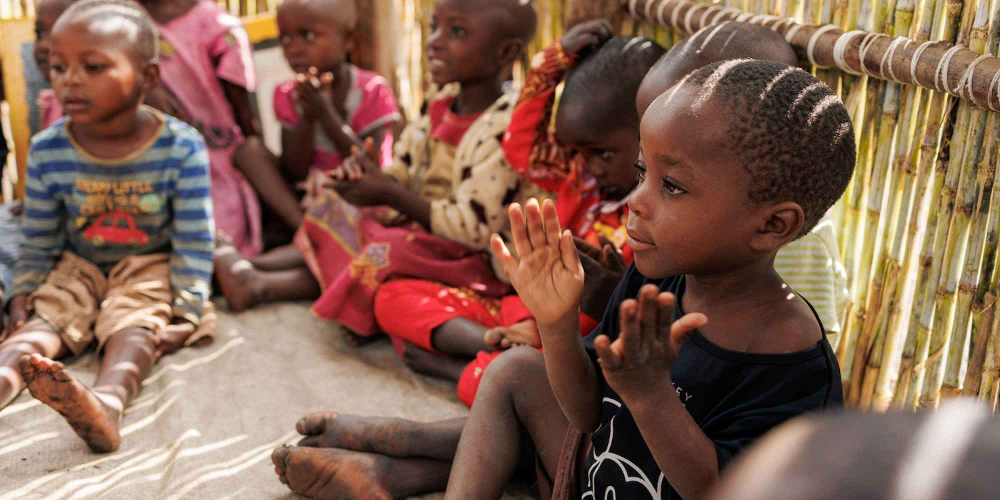

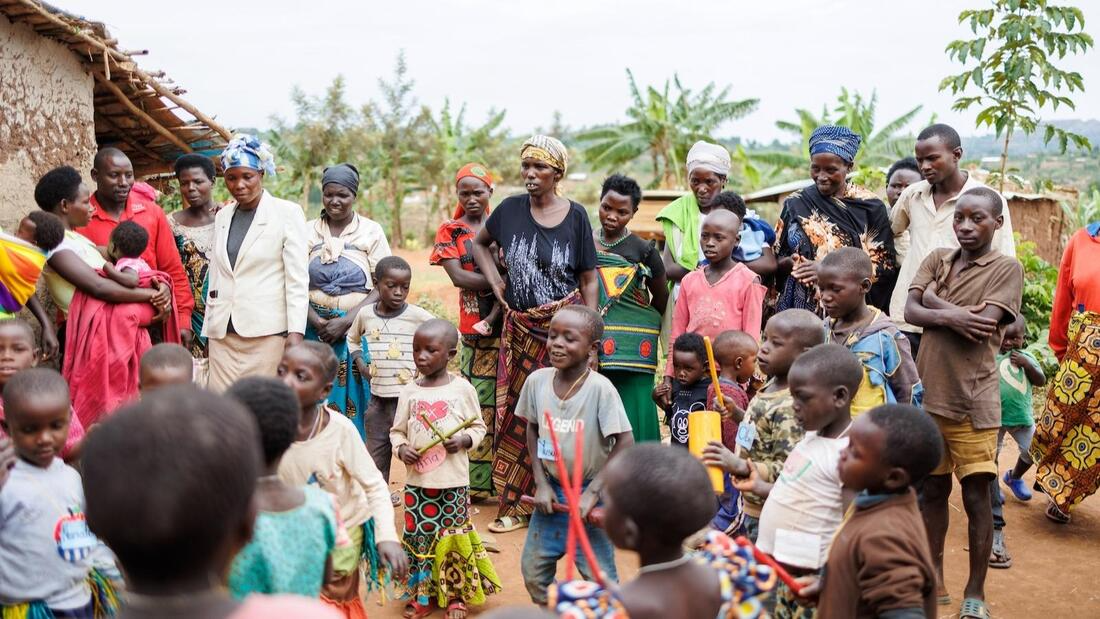
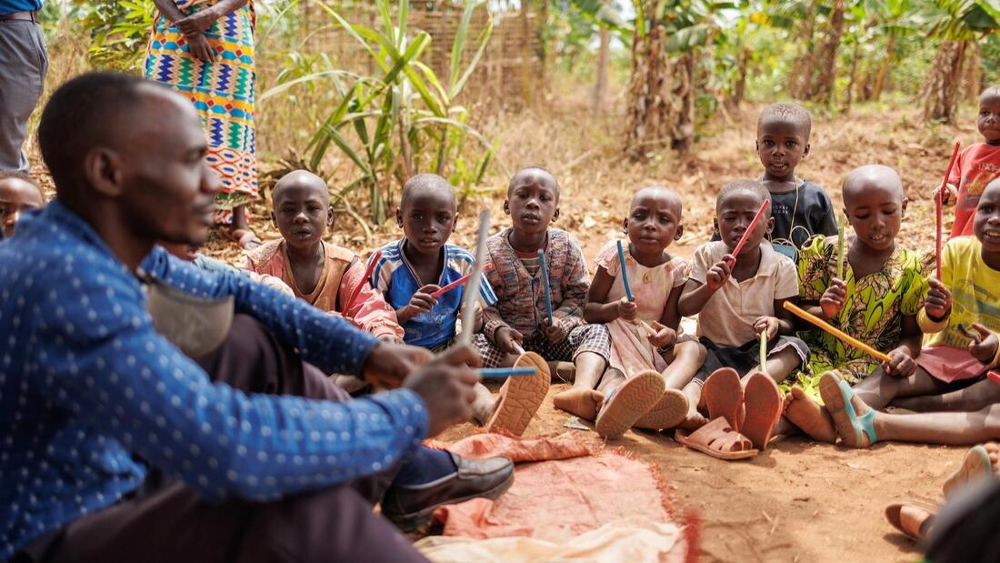
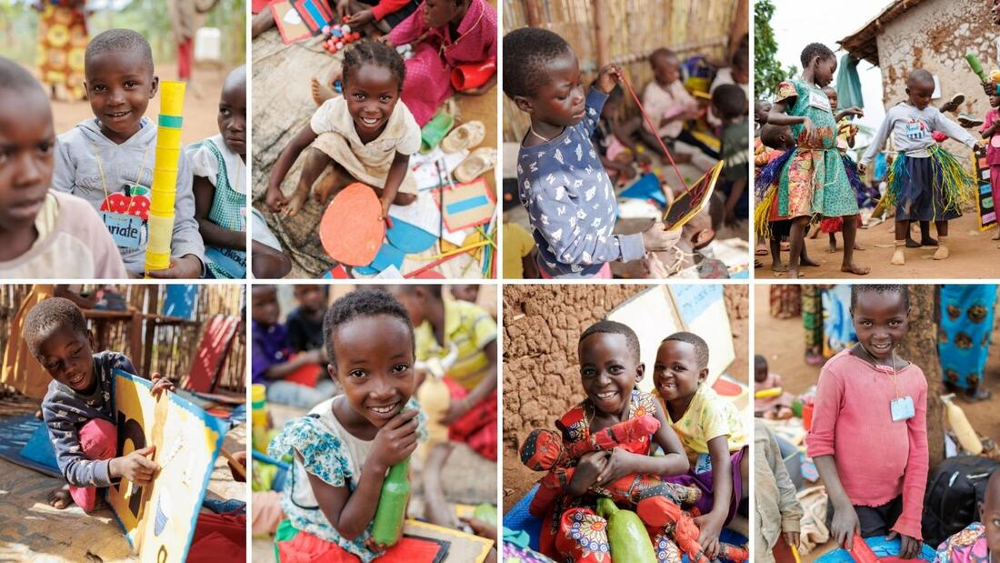

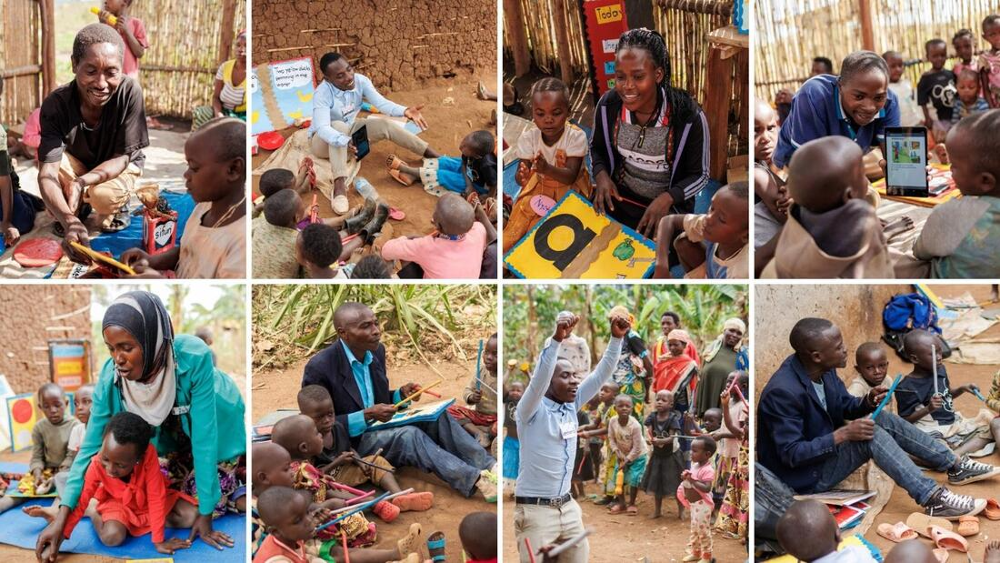
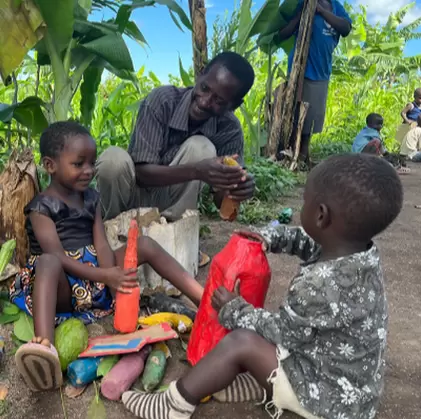
 Give monthly
Give monthly Fundraise for us
Fundraise for us RSS Feed
RSS Feed
